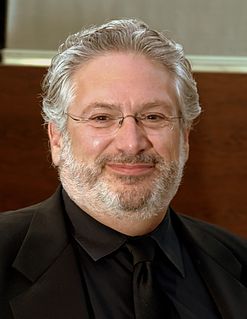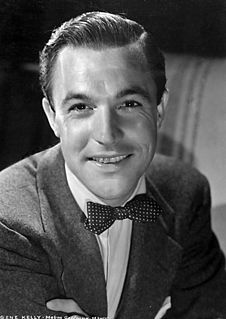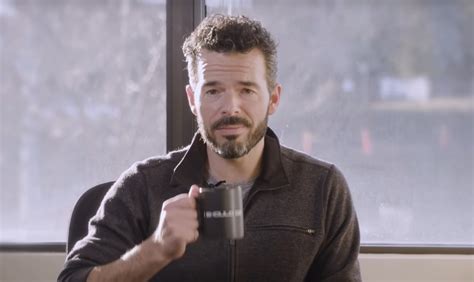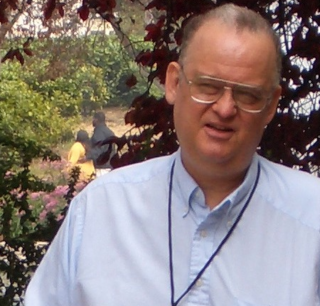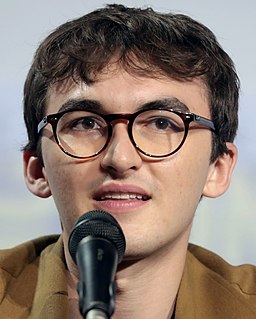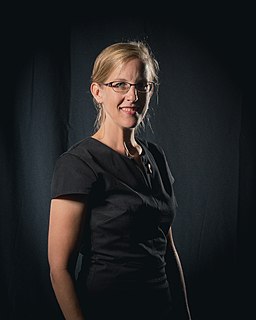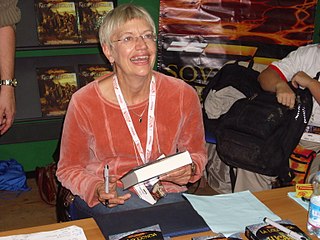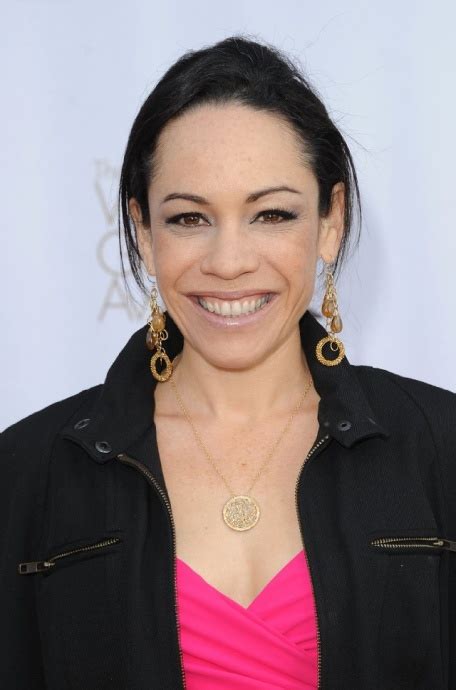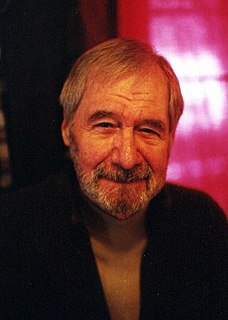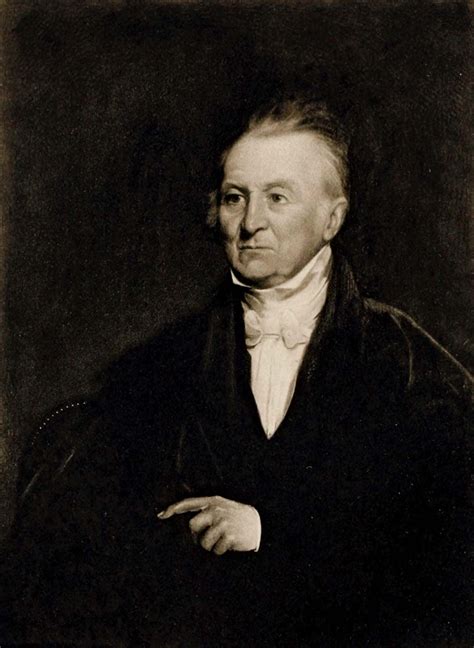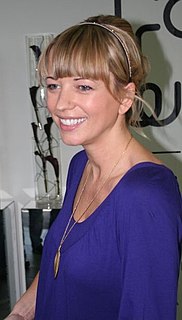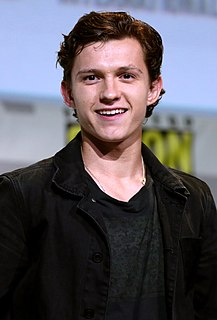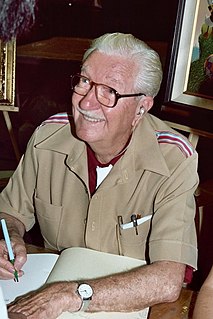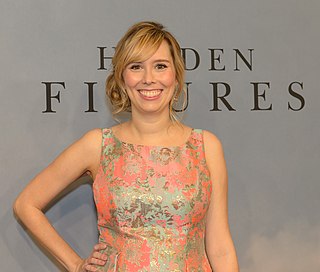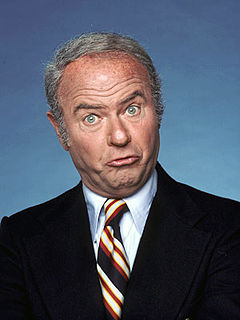Top 1200 Plot Twists Quotes & Sayings - Page 18
Explore popular Plot Twists quotes.
Last updated on December 1, 2024.
The best calculation is the absence of calculation. Once you have attained a certain level of recognition, others generally figure that when you do something, it's for an intelligent reason. So it's really foolish to plot out your movements too carefully in advance. You're better off acting capriciously.
I suppose it's possible that a writer would have feeling for his characters, but I can't see how, because writing is such a meticulous, intricate, technical business. I wish I could say that I love my characters and that frequently they take over the book and run away with the plot and so on. But they don't exist.
Now, what does a vampire do with a computer? Keep track of investments? Send e-mail to other vampires as you all plot to take over the world?” “I spend a lot of time on Wikipedia making corrections to the entries of historical figures I’ve known.” I blinked at him. “Really?” “No, Kitty. That was a joke.
I was supposed to have a script, and had mislaid it. I was supposed to hear cues, and no longer did. I was meant to know the plot, but all I knew was what I saw: flash pictures in variable sequence, images with no 'meaning' beyond their temporary arrangement, not a movie but a cutting-room experience.
In constructing the plot and working it out with the proper diction, the poet should place the scene, as far as possible, before his eyes. In this way, seeing everything with the utmost vividness, as if he were a spectator of the action, he will discover what is in keeping with it, and be most unlikely to overlook inconsistencies.
When the cold comes to New England it arrives in sheets of sleet and ice. In December, the wind wraps itself around bare trees and twists in between husbands and wives asleep in their beds. It shakes the shingles from the roofs and sifts through cracks in the plaster. The only green things left are the holly bushes and the old boxwood hedges in the village, and these are often painted white with snow. Chipmunks and weasels come to nest in basements and barns; owls find their way into attics. At night,the dark is blue and bluer still, as sapphire of night.
Long before the idea of a writer's conference was a glimmer in anyone's eye, writers learned by reading the work of their predecessors. They studied meter with Ovid, plot construction with Homer, comedy with Aristophanes; they honed their prose style by absorbing the lucid sentences of Montaigne and Samuel Johnson.
Three characteristics a work of fiction must possess in order to be successful:
1. It must have a precise and suspenseful plot.
2. The author must feel a passionate urge to write it.
3. He must have the conviction, or at least the illusion, that he is the only one who can handle this particular theme.
I've started movies without screenplays both on 'Clash' and on 'Hulk,' and that is tremendously stressful because you have a tendency to overcompensate with effects. You haven't tested it in your head. You didn't run it over and over again and covered all of the plot holes and figure it out. It's a marathon that you sprint.




